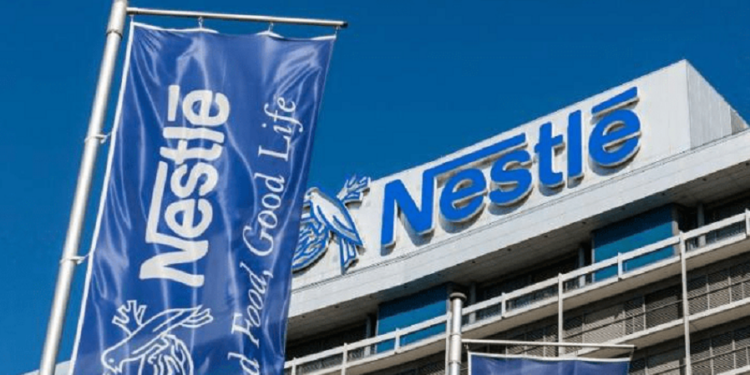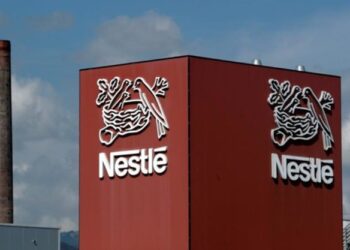In accounting, as in anything in life, cash is king. It doesn’t matter if your company has been posting consistent profits or owns the largest fleet of assets; without cash, it is as good as bankruptcy.
In contrast, a company that posts perennial losses, has limited assets but boasts a huge cash pile, can continue to thrive if cash is available.
Nestlé and its board of directors know this too well, and as such, the N79.4 billion loss, which effectively wiped out what remained of the company’s shareholders’ funds, is not as damaging as it seems.
During the week, Nestlé management released follow-up notes putting some context to its record loss-making year, an attempt to obviously downplay any impact this could have on the going concern status of the company.
And rightly so, Nestlé cited its huge cash pile as a testament to its strong financial standing, staving off any concerns that the business is in any way in danger.
- “During the year, the Company generated a positive cash flow of N48.8 billion driven by strong operating cash flows. Further, cash and cash equivalents at the end of 2023 have increased by 42% compared to 2022, from N117.9 billion to N167.8 billion.”
The point of all this is to let shareholders and the investing community know that the lifeblood a company needs to stay alive cash is stashed in the company’s bank account. It also went on to explain that despite the forex-induced losses, the cash position of the company remains healthy, and operations are running smoothly, so there is no need for alarm bells.
Despite this attempt to comfort shareholders and the investing community, Nestlé still needs to satisfy the laws of accounting. While cash is critical to keeping a company alive, a positive shareholders’ fund is the only claim equity holders have to any form of returns from the company. Short of this, the company essentially belongs to the banks. Give Caesar what is Caesar’s.
Nestlé came up with an ingenious and time-tested way of resolving this tricky matter of accounting laws. According to its 2023 audited accounts, Nestlé now has negative shareholders’ funds of N78 billion. This is made up of share capital and share premium of just N428.5 million and negative retained earnings (accumulated loss) of N78.6 billion.
To clean up its shareholders’ funds, Nestlé can either inject new capital or look for assets on its balance sheet that it can revalue. The company has decided to pursue the latter and has revalued its fixed assets from N165.2 billion to a whopping N305.4 billion, essentially plugging the negative shareholders’ funds without having to raise capital.
However, there remains the challenge of its negative retained earnings, which asset revaluation cannot fix according to accounting laws. Negative retained earnings mean Nestlé Nigeria will not be able to pay dividends to its shareholders.
To reverse this trend, it will have to post profits large enough to cover the hole and keep some for possible dividend payments.
Another option is the expensive route of raising capital and then offsetting the share premium against the retained losses. We doubt Nestlé will go this route considering the impact it could have on the dilution of minority shareholders.
Nestlé shareholders will breathe a sigh of relief and will only need to wait another year or two until dividends start to roll in again. However, the lessons to be learned here are clear for all to see.
Nestlé must find ways to reduce massive exposures to forex losses, which Nigeria has shown to be cyclical. There will likely be another massive devaluation in years to come; will Nestlé be ready by then?
























What if there is a positive revaluation in a few years’ time? It doesn’t have to be a devaluation!